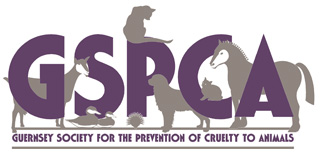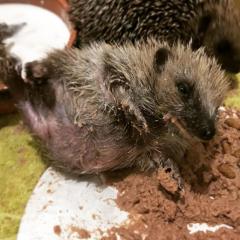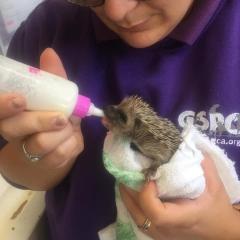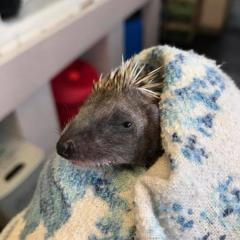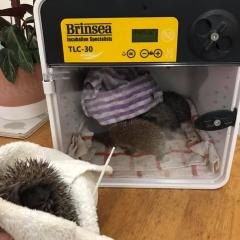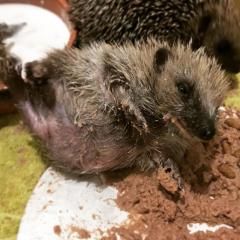- Home
- About
- 24 hour Emergency Wardens
- Animal Welfare
- Animal friendly hotels
- Awards & Recognition
- Corporate and group days
- Dog Fouling
- Dog Friendly Pubs
- Dogs Barking
- GSPCA Committee
- GSPCA Membership
- GSPCA Opening & Visiting Times
- Gert the GSPCA Duck - Fun for kids
- Guernsey Animal Law
- Guernsey Dog Tax Law
- Our Team
- Privacy Policy and Cookies Policy
- Restrictions on Beaches in Guernsey
- St Andrews Floral Group & Conservation Work
- Stray Cockerels & Hens
- Surveys
- Terms & Conditions
- Transporting animals in and out of Guernsey
- Vacancies
- Volunteers
- Services
- Adoption costs at the GSPCA
- Birthday or Special Guided Tours at the GSPCA
- Boarding Facilities
- Cat Adoption
- Choosing a Puppy
- Comments & Feedback
- Dog Adoption
- Dog Behaviour
- Dog Training
- Education and Schools
- Fostering Scheme
- Lost & Found Advice
- Microchipping only £4.99 & advice
- Pet Bereavement Advice Page
- Pet Cremation Services
- Pet supplies and products on sale
- Room hire at the GSPCA
- Training & Courses
- Vote for a staff member or volunteer
- Animals
- Gallery
- Support Us
- Shop
- Blog
- Links
- Contact
Name:
Hoglet Advice
Animal:
Hedgehog
Breed:
Hoglets
Age:
Young
More Info:
In line with States of Guernsey advice please DO NOT visit the GSPCA if have been outside of the Bailiwick of Guernsey in the specified time and rules or have any symptoms of Coronavirus and we continue visits to the Shelter for only essential reasons and to please call us on 01481 257261 or email [email protected] before your trip to see if we can help without you coming to the Shelter. For the latest information and advice please visit http://www.gspca.org.gg/search/node/coronavirus
With huge challenges on our resources and a drop in income from boarding and donations please help us help animals in Guernsey with our #GuernseyCoronavirusCrisisAppeal by donating online via - https://giving.gg/donate/event/5876/GSPCA-Coronavirus-Emergency-Appeal
You normally see Hoglets in May, June or July, when the first litters are generally born, and in August-September, when the second litters are born.
The average size of a litter is four to five, and they appear after about a 4 1/2 week pregnancy.
The reasons why you may find them can be if the mother is disturbed soon after the birth, as she may desert her hoglets. Many more hoglets are made orphans because their mother is killed or injured by motor vehicles, dies because of garden or farmland hazards, falls into a douit without an escape ramp or is poisoned by pesticides.
If you have a nest in your garden please do not keep looking in it as this may cause the mother to desert the babies.
The hoglets are often in or near their nest, which often will be under a shed, in a hedgerow, pile of garden debris or a compost heap. You may hear their distressed, shrill, bird-like piping. If you find one or two, the area should be searched, as there may be others, either still in the nest or nearby.
If you find abandoned hoglets they are very vulnerable creatures and are often found in a poor state. For survival, human help is needed quickly, and generally three things are needed urgently – WARMTH, TOILETING and FOOD.
The first being warmth can be as simple as holding them in your hands or wrapping in a piece of dry clothing.
Wild animals suffer stress in an unnatural environment and hedgehogs are no exception. Noise levels can be very stressful so please keep levels as low as possible.
The hoglets will benefit greatly by being kept warm and dry and will need to be in a quiet, calm atmosphere and handled only when necessary.
They should be placed in a small cardboard box or similar container, lined with plenty of newspaper. For bedding use some old (but not threadbare) towels. Place a hot water bottle, filled with hot – not boiling water - wrapped in a towel or warm material, in the bottom of the box (a reptile heat mat or heated propagator may be used instead). Put the hoglets on this and cover with further bedding.
The best option then for their survival is to transport them to the GSPCA in St Andrews or call us to collect them on 01481 257261 as soon as possible.
At the Animal Shelter we have intensive care units, trained team members and specialist milk.
For more advice on what to do if you find an injured hedgehog or wildlife in need please click here.
If you would like to donate the Esbilac Milk to the Shelter that we feed to the hoglets and other hand rears then please click here to see our Amazon Wish List.
To sponsor an animal in our care please click here.
